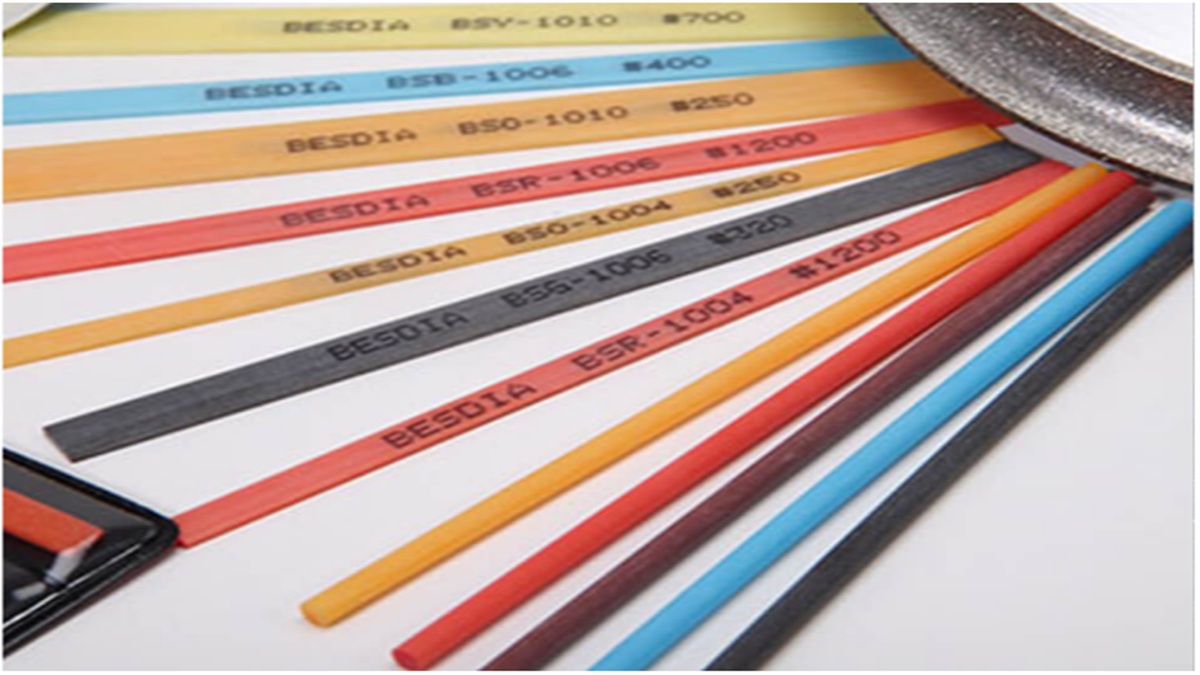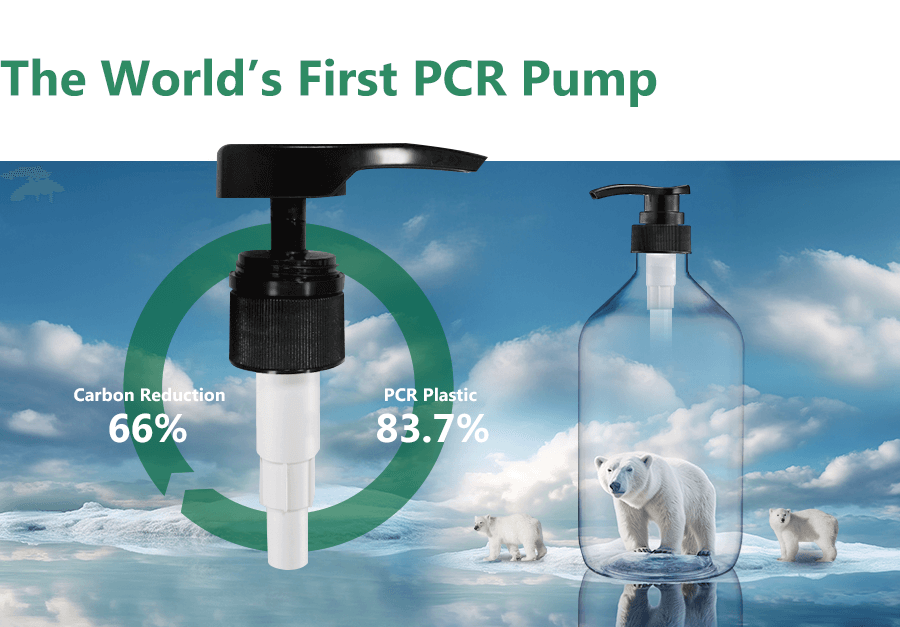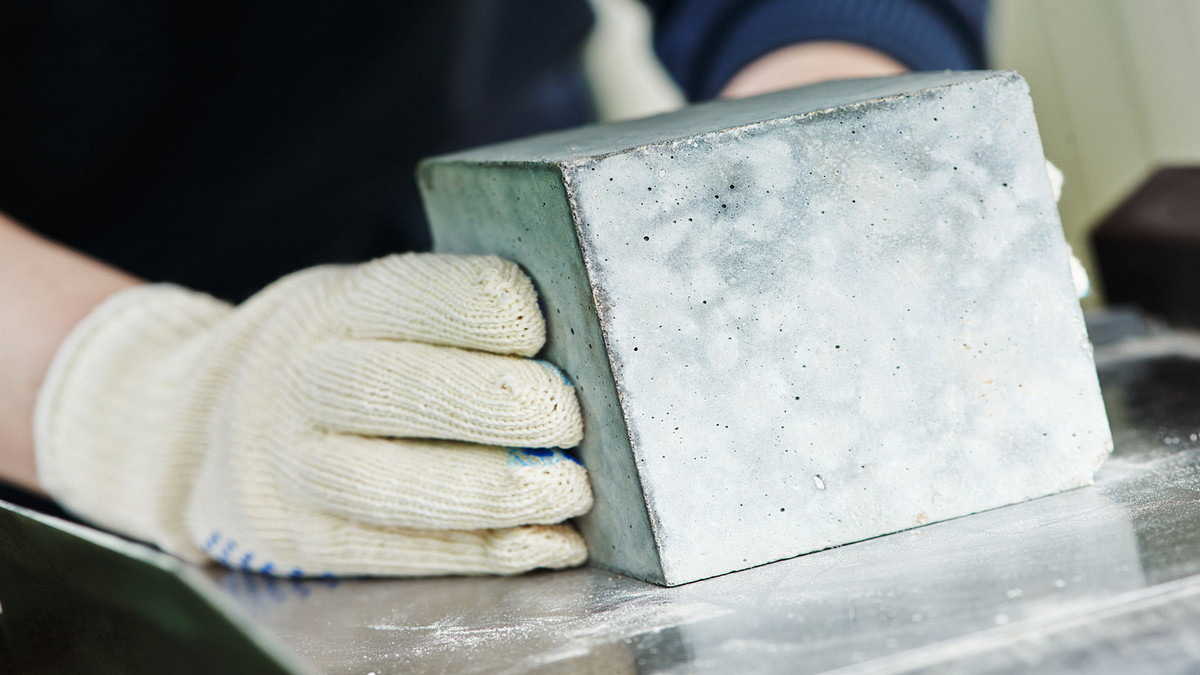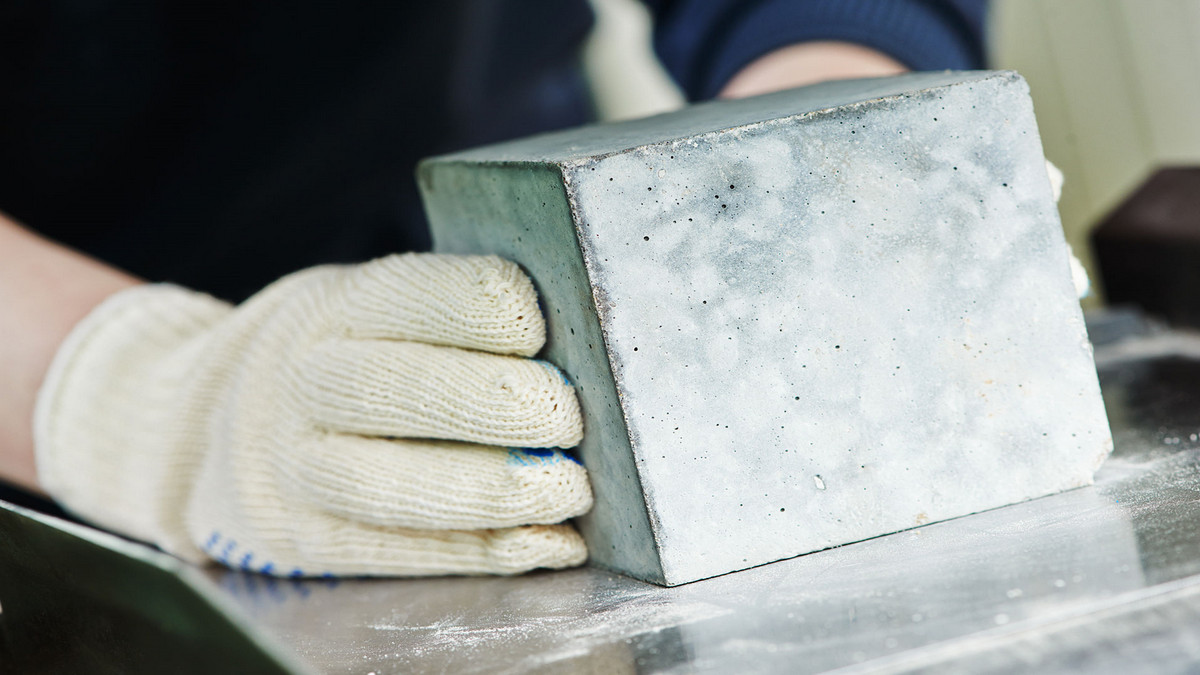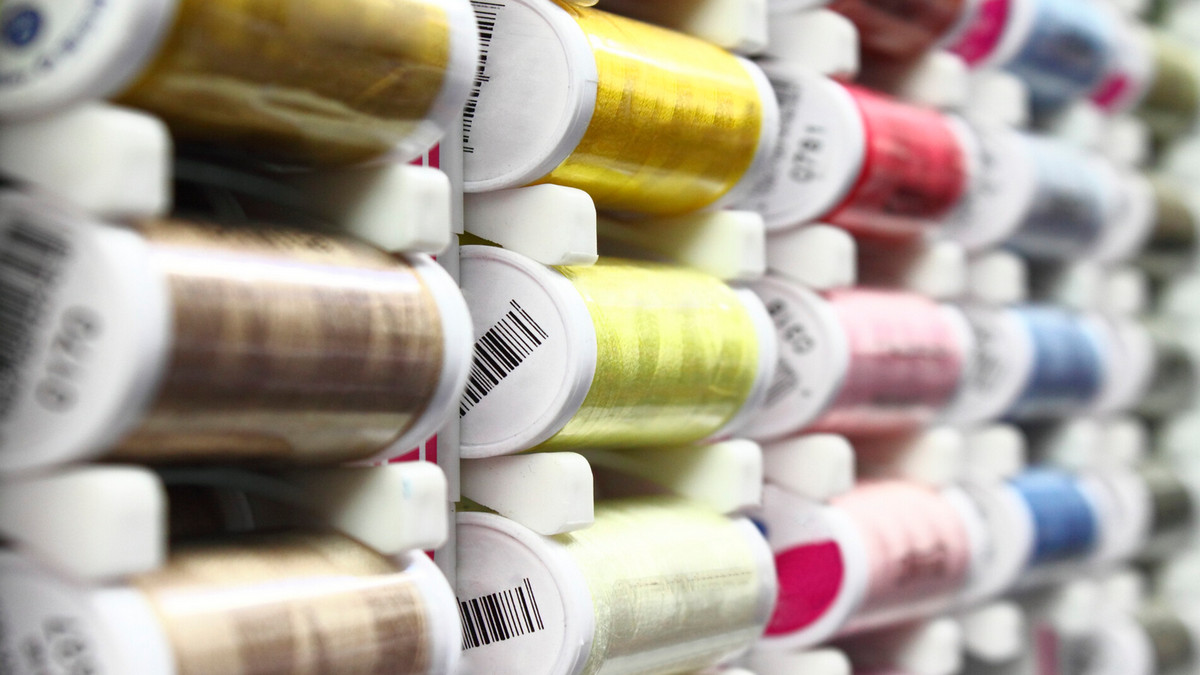- Showing results for
- Carbon Neutrality
The manufacturing industry is currently at a critical crossroads of dramatic change. With the advent of Industry 5.0 and the wave of digital transformation, product designs are becoming increasingly complex, and material selections are trending towards high hardness and difficult-to-machine properties. This presents a true test for the machining tools responsible for the final product quality. Industries such as molds, semiconductors, optics, and aerospace no longer just demand that tasks be "done," but that they be "done precisely, efficiently, and sustainably." Traditional tools often fall short in durability, precision, and efficiency when facing high-hardness materials like tungsten carbide and ceramics, as well as complex, confined geometric spaces. The market not only needs tougher tools but also solutions that can adapt to smart manufacturing trends, improve overall yield, and reduce total costs.
2025-08-02 16:54:38
Since the United Nations announced the 2030 Sustainable Development Goals (SDGs) in 2015, Living Fountain has adopted Goal 12 — Responsible Consumption and Production — as its core mission. By utilizing Post-Consumer Recycled (PCR) materials, the company aims to reduce the burden on the planet, decrease the production of virgin petrochemical plastics, promote industrial circularity, and work persistently toward the goal of carbon neutrality.
2025-07-25 15:15:53
Supply chain carbon emissions are 11.4 times greater than operational carbon emissions. Therefore, if companies are to move towards net zero, the effectiveness of supply chain carbon reduction will be an important key. However, supply carbon reduction faces two major problems: inconsistent calculation methods and low data transparency.
2023-09-18 16:33:32
With technological progress and industrial restructuring, the cement industry is actively introducing a circular economy and has become an international pioneer in net-zero carbon emissions through alternative fuels, alternative raw materials, waste heat power generation, green power development, and carbon capture technologies.
2023-09-18 16:07:05
With the pressure of international net-zero emissions and the clarion call for carbon tariffs in Europe and the United States, countries have formulated relevant policies to devote themselves to energy conservation and carbon reduction.
2023-09-18 16:02:31
With technological progress and industrial restructuring, the cement industry is actively introducing a circular economy and has become an international pioneer in net-zero carbon emissions through alternative fuels, alternative raw materials, waste heat power generation, green power development, and carbon capture technologies.
2022-12-21 10:32:39
With the pressure of international net-zero emissions and the clarion call for carbon tariffs in Europe and the United States, countries have formulated relevant policies to devote themselves to energy conservation and carbon reduction.
2022-12-21 09:10:20
Suddenly, everyone was eager to get on the green train. But with sober thinking, perhaps our best practices are just around the corner: eco-friendly fabrics, local manufacturing, and gentle and natural processing. This article will start from three directions: ecological man-made fibers, yarn built-in component addition technology, and environmental protection post-processing, and take stock of the natural resources that can be used in the textile industry.
2022-11-08 16:23:23
Carbon neutrality, inflation, and rising energy costs will speed up the restructuring of the textile fiber supply chain. Suppliers with vertically consistent factories and green products are expected to win.
2022-09-29 10:12:25
Agree

